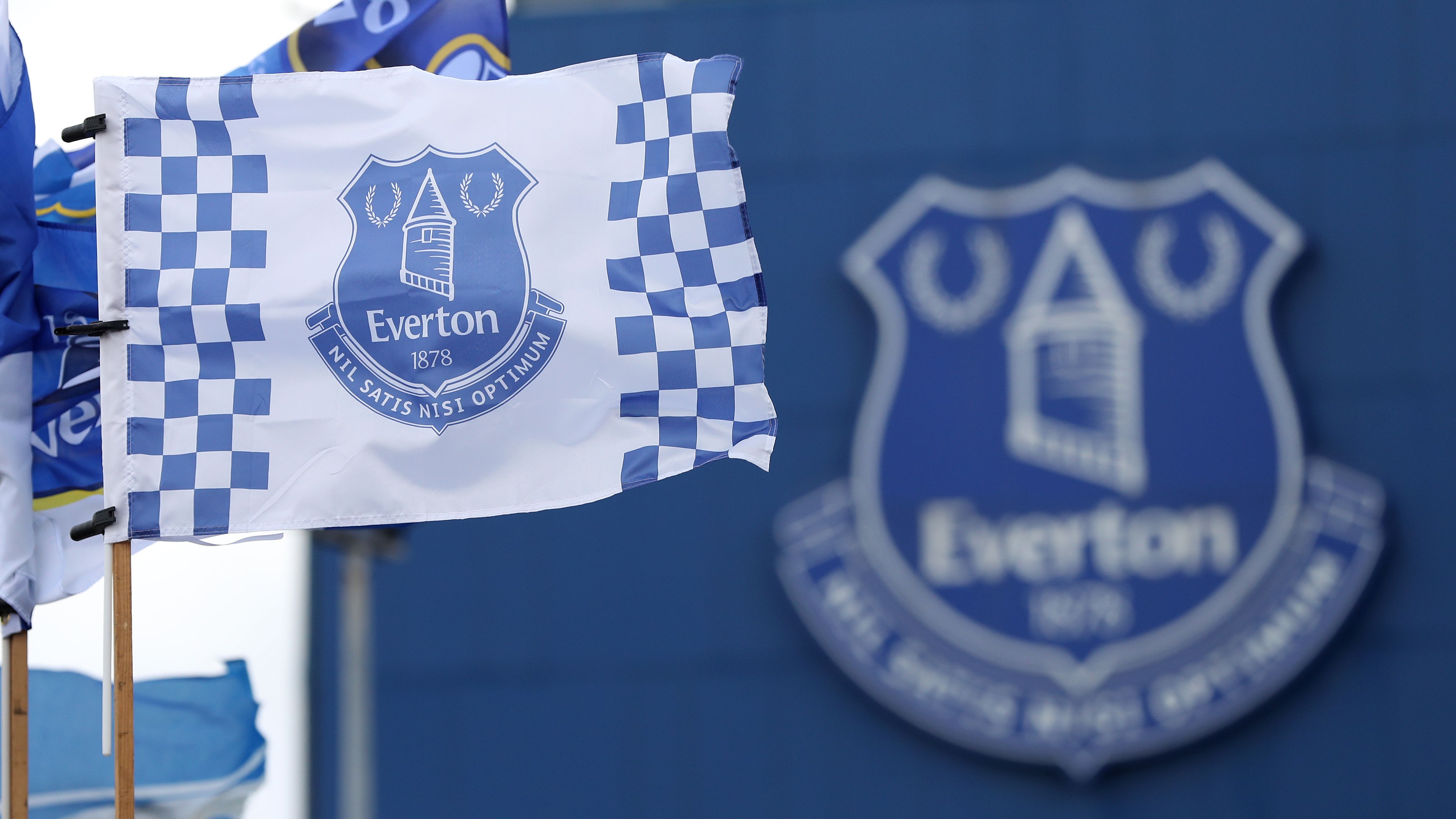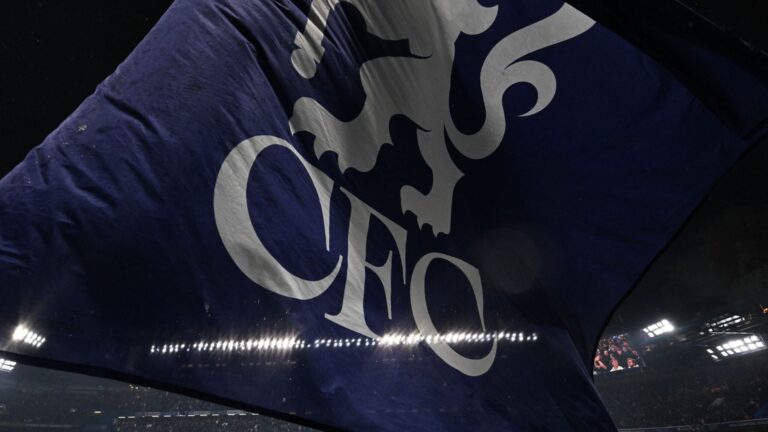Everton’s Bold Financial Play: Transferring Women’s Team Ownership for Transfer Market Advantage
In a savvy maneuver to navigate the Premier League’s stringent financial regulations, Everton has opted to sell their women’s team, mirroring strategies employed by top clubs. This decision not only promises a substantial profit but also underscores the evolving tactics in football finance, where clubs like Everton, Chelsea, and Aston Villa are pushing boundaries to enhance their transfer funds and steer clear of PSR breach penalties.
- Everton sell women’s team to boost transfer flexibility
- The move is expected to raise around £60 million in profit
- Follows similar financial tactics of Chelsea, Aston Villa



Everton’s Strategic Ownership Shift for PSR Compliance and Transfer Boost
According to recent insights from The Times, the Merseyside outfit has handed over control of their women’s squad to Roundhouse Capital Holdings, an entity under the direction of Everton’s proprietor, Dan Friedkin. This intra-group transaction is projected to yield approximately £60 million in accounted gains, providing crucial leeway under the Premier League’s Profitability and Sustainability Rules (PSR). By doing so, Everton aims to fortify their budget for summer acquisitions without risking violations.
Following in the Footsteps of Premier League Peers Like Chelsea and Aston Villa
Joining the ranks of Chelsea and Aston Villa, Everton becomes the third top-flight team to adopt this approach for financial maneuvering. Although it sparks debate, the Premier League permits these arrangements as long as they align with fair market assessments. In contrast, UEFA dismisses such intra-entity deals for their financial fair play calculations, fueling ongoing discussions about regulatory loopholes. For instance, similar to how a business might spin off a division to unlock capital, clubs are treating women’s teams as assets to optimize their fiscal health.
Potential Growth Opportunities for Everton’s Women’s Team
Everton maintains that this transfer will open doors for external funding into the women’s program, particularly from investors in the United States, where women’s soccer has seen a surge-evidenced by the National Women’s Soccer League’s recent $240 million media rights deal in 2023. Amidst this, the club grapples with significant expenditures, such as the over £800 million invested in their upcoming venue, Hill Dickinson Stadium. Post-relocation of the men’s team, the women’s side is slated to utilize a revamped, smaller-capacity Goodison Park, potentially enhancing their visibility and revenue streams.
Navigating Transfer Market Dynamics and Rising Scrutiny
This internal deal could empower Everton with greater agility in player signings this transfer window, helping them assemble a competitive roster under manager David Moyes. Yet, as English football intensifies its oversight of these creative accounting methods-highlighted by recent PSR-related points deductions for clubs like Nottingham Forest in 2024-Everton faces the challenge of harmonizing ambitious investments with strict adherence to rules to prevent future sanctions.









